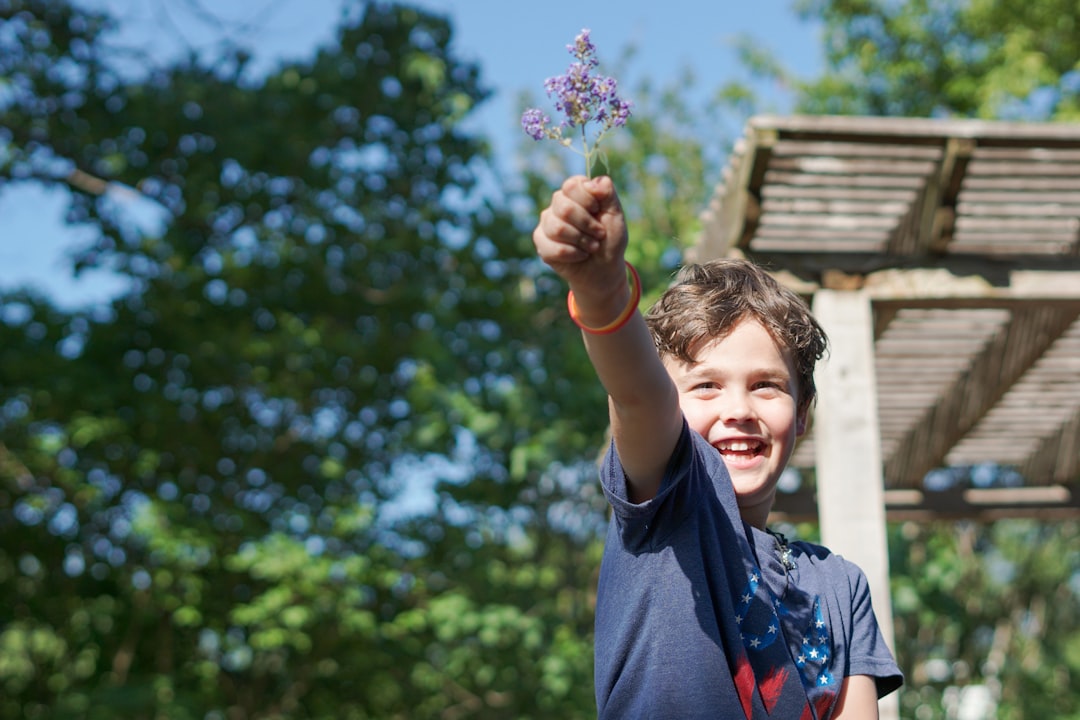What is it about?
This study investigated the accuracy of people's estimates of the sugar contained in food items, and whether a simple "seeding" intervention, in which the actual sugar content for a few selected items was revealed, can improve estimation accuracy. We found that participants overestimated how much sugar is, on average, contained in food items, but acceptably ordered items according to their sugar content. The seeding intervention improved estimation accuracy for both the food items for which the sugar content was shown, but, importantly, also and for other, not previously encountered food items (via transfer of knowledge). Our results imply that a simple, short, and cheap procedure can improve people’s knowledge about sugar.
Featured Image

Photo by Myriam Zilles on Unsplash
Why is it important?
Sugar overconsumption is associated with an increased risk of various health issues, including obesity and dental caries. For people to make healthy food choices, they need to possess some knowledge about sugar; for instance, how much sugar is contained in a food item or whether a food item contains more or less sugar than another item. One path to fight overconsumption is to boost individual decisions, and our study shows that a simple seeding intervention offers an effective and economical intervention to do so.
Read the Original
This page is a summary of: A simple intervention can improve estimates of sugar content., Journal of Applied Research in Memory and Cognition, August 2023, American Psychological Association (APA),
DOI: 10.1037/mac0000122.
You can read the full text:
Contributors
The following have contributed to this page










